I still remember the first time I handled a patient in the hospital. He is a weak, old man with cardiac pathology. He was quite stable when I took care of him. Since he is my first patient, all my attention and care was given to him. Taking care of him was very exhilarating. I expect him to be well and to be discharged soon. But days after, his condition deteriorated. I was assigned to another patient; he had been assigned to a new nurse. I can’t look after him all the time. Then the inevitable came, his blood pressure dropped to 80/50, pulse weakening, labored breathing. A priest was called to his room and relatives were crying on the bedside. As a student nurse, I don’t know what to feel, I think when he died; a part of me was broken. He is my first patient, and yet he was not discharged as my nursing care plan had anticipated–goal not met.
For nurses, a heartbreak from losing a dear patient is as hurtful as losing a loved one. As pro-life individuals, we want to make sure that our role as health care providers is fulfilled, and our patients will get well and recover. But in reality, that will not always be the case. It can be a real stress. Yes, the struggle is real. The reason for that lies in the word ‘attachment’. That’s why one nursing skill we must possess is the emotional stability. Though it hurts, for heartbroken nurses out there, here are practical ways on how to ease your heartaches in experiencing patient loss.
1. Verbalize your feelings
What to think: I need someone to talk to.
Verbalizing your feelings can be an effective way to ease your pain. It’s okay to admit and tell others how affected you are. But make sure to do still your duties, having emotional control as possible. Untold grief could be tough especially if you had it for the first time. Having someone to talk to helps release any kept emotion towards the loss. It’s not your fault that your patient died, especially if it’s inevitable. Discussing the objective data of the case can also be a way to ease your pain. Upon realizing that it’s the most you can do for your patient, only then you would feel more relaxed and be accepting. Emotional stability may affect your performance. Don’t let it consume you.
2. Do spend debriefing with the family
What to think: Find comfort in each other.
Debriefing can be in a short moment to talk with the family. It can help both the nurse and the loved ones of the patient. It gives comfort that the best care was given to the patient, but death is a normal way of life. As a bedside nurse, you do sometimes have the responsibility to tell the relatives directly that their loved ones have passed away. It’s a difficult task, right? How would you handle that? I have read a nurse’s blog about her experience telling a relative that he already died. It’s her first time and as a new nurse, she keeps reminding herself that as per clinical instructor, ‘Be direct as possible’.
Scenario: Patient has died with DNR order
Relative: (On bedside while holding patient’s hand) What happened?
Nurse: He’s dead. (Direct answer)
And the family screamed. She screamed so loud the whole ward can hear it. Well, I don’t know what to feel either. Being direct is right, but not that direct. Timing and the way you say it are equally important.
So from that time on, the nurse learned not always to rely on the book. You cannot run behind our clinical instructor’s back, or blame her for what she taught you. It’s a case by case basis.
3. Provide grief education
What to think: I am a nurse and a human being.
We already know the process of grieving-DABDA (Denial, Anger, Bereavement, Depression, and Acceptance) But isn’t it extra difficult when we are the one experiencing it? It is as we know but we can’t. That is why providing grief education, or reiterating it can help reduce feelings of guilt and physical stress. Allow time for grief, especially for you and the family. We cannot just jump into acceptance immediately; it causes emotional tiredness that may affect your physical well-being. Life goes on, along with your duty. You still have other patients to handle and to live for.
4. Participate in social activities
What to think: I deserve a break.
Because of our workload, we often forget to engage in social activities that make us relax and reduce stress. Having lunch with friends, a simple conversation with your relatives, or even going for a walk in the park with you colleagues can help freshen up your feeling. If possible, go on a short vacation. Give yourself a break. Have a massage therapy; you deserve it for having been a good therapeutic nurse.
5. Set personal limits to save energy
What to think: I need to recharge.
Emotional fatigue can be a result of experiencing loss. To prevent that, set personal limits on your workload for the day. Nurses are superhuman, but they do not have all superpowers all the time. Prioritize yourself this time. Taking care of yourself means taking care of others.
Being a professional nurse is important. But having the emotional bond with the patient cannot be denied in this profession. We are human after all. So having ways to cope up with loss is necessary. Do you also have the means to ease your heartbreaks?
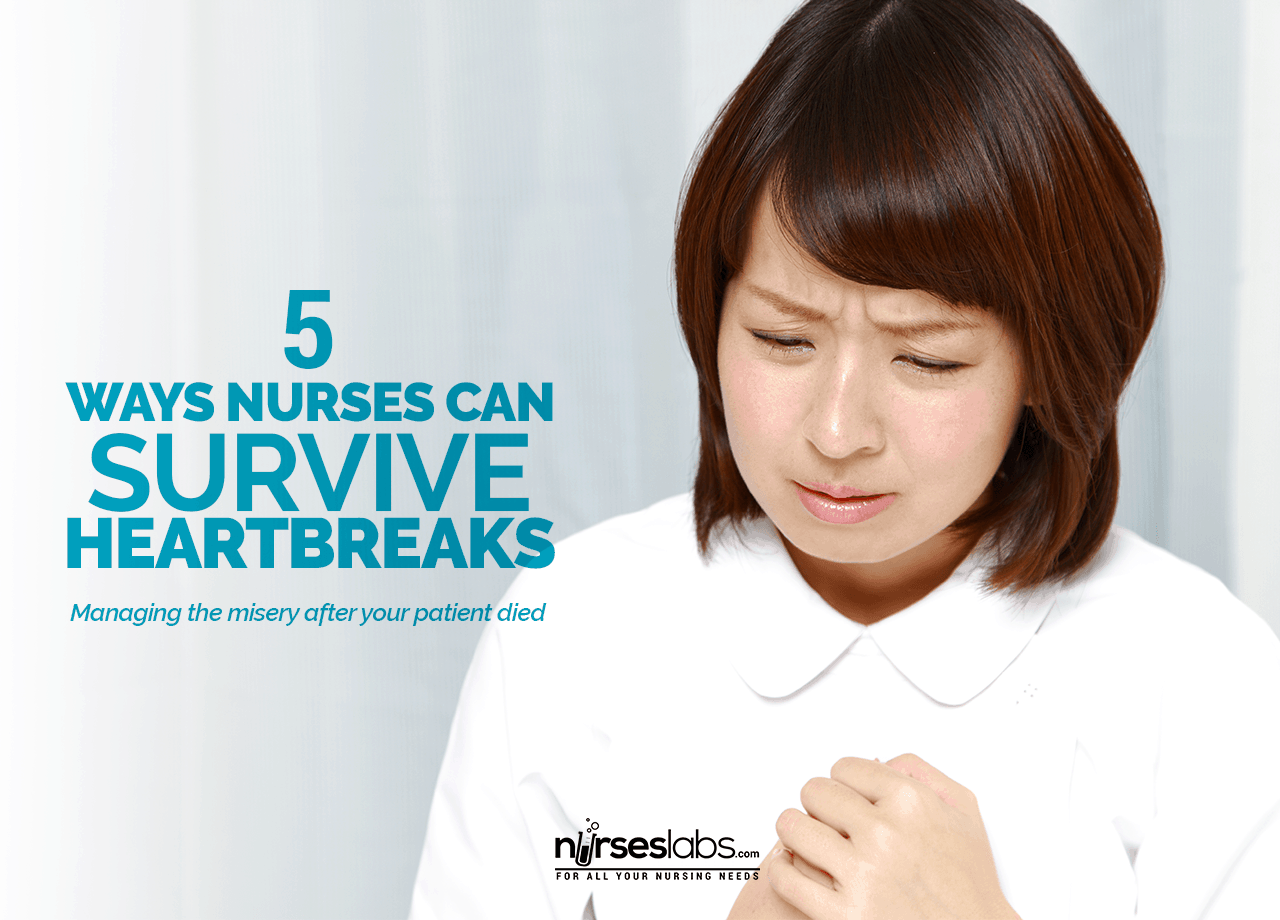
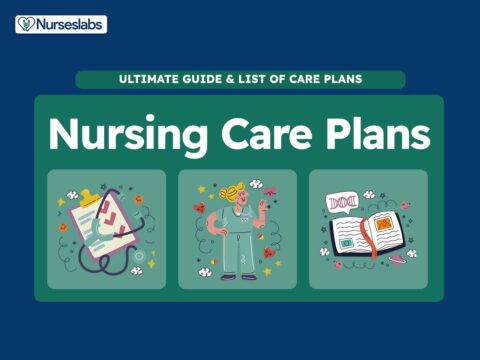
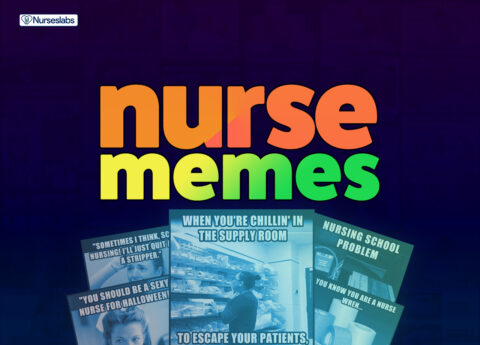
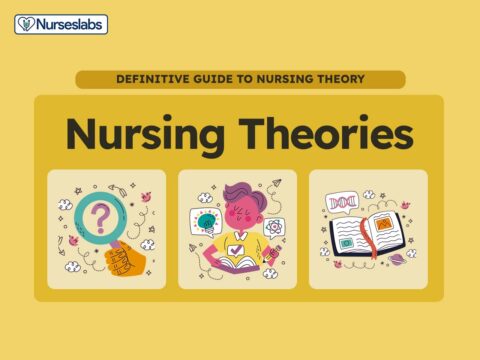
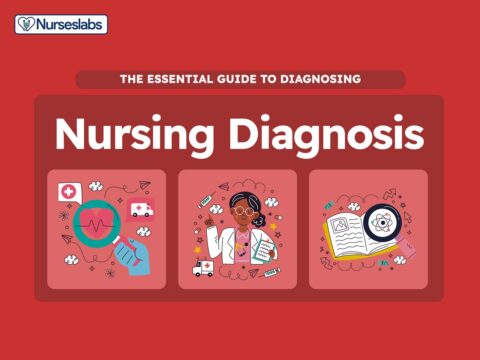




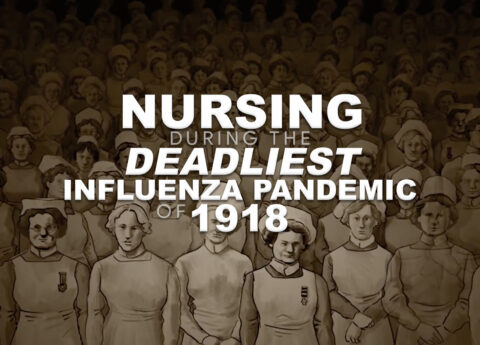







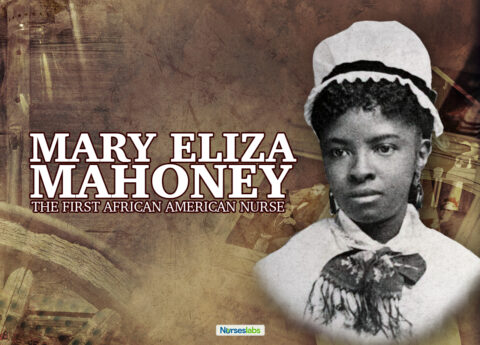











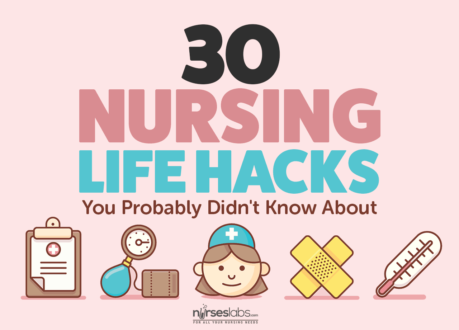





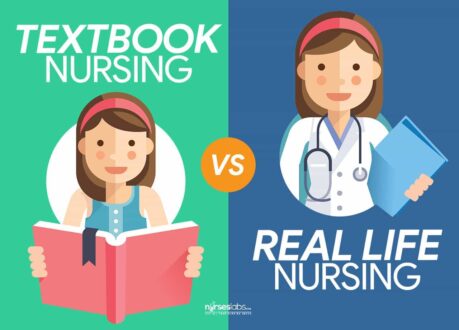

Leave a Comment